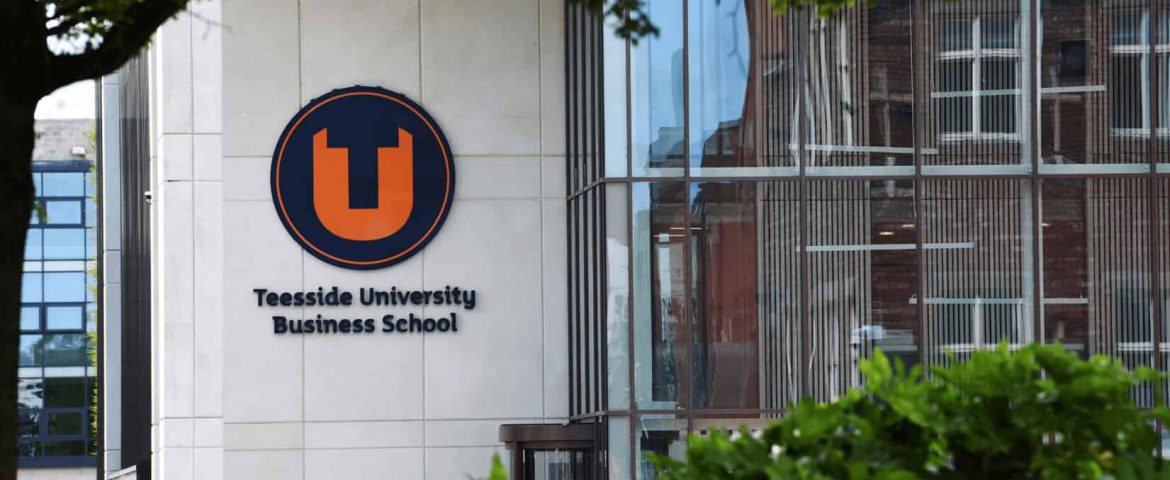Businesses and organisations will be shown how to re-use materials and reduce waste at a free event at Teesside University.
The Circular Economy Club is organising the free networking event which is being hosted at Teesside University International Business School on Wednesday 27th October.
Local businesses including TeeGene Biotech and TARA Biologics Ltd will be attending the event to showcase how they are already using circular economy to create profitable, resilient, and sustainable organisations.
Award-winning local author and circular economy expert Catherine Weetman, of Rethink Global, will explain what the circular economy is and why businesses are aiming to thrive for better environmental changes.
The circular economy aims to keep products in use for as long as possible and encourages ‘pay per use’, renting and sharing as ways to improve the utilisation of equipment and products.
Circular Economy Club members focus on ‘the race to zero’ carbon through the use of renewable energy, electric vehicles, and planting trees. They are also changing how they make and use products, equipment, and buildings.
Local organisations, including TeeGene Biotech, the Materials Processing Institute and CPI are already developing innovative new materials and recycling processes.
Teesside University International Business School is also involved in several circular economy collaborative projects.
Dr Ben Fisher, Associate Dean (Enterprise and Business Engagement) at Teesside University International Business School said: “We are really excited to be welcoming The Circular Economy Group onto our campus and seeing local businesses share their developments and projects to create a more sustainable environment.
“As a signatory and supporter of the UN-led Principles for Responsible Management Education sustainability is at the centre of all of our activities, and we are keen to encourage a circular economy to help reduce the impact of business on the environment.”
Dr Pattanathu Rahman, executive director at TeeGene Biotech said: “Creating a circular economy using biotechnology is one of the next generation business successes in the bio-economy sector.”
“Implementing sustainable, innovative bio-based processes to convert waste into value can create new start-ups and boost skilled employment in the North East.”
The circular economy creates a wide range of skilled job opportunities, in engineering, electronics, biotechnology, science and recycling, as well as administration roles.
The think-tank Green Alliance report estimates the potential for 450,000 UK circular economy jobs by 2035.
The North-East’s industrial and chemical heritage means it is ideally placed to develop these emerging opportunities, enabling the region to play a key role in supporting UK climate commitments.
The event will provide the opportunity to network with other people interested and involved in the circular economy.
The event can be booked online through Eventbrite. https://bit.ly/3zCOiBa








